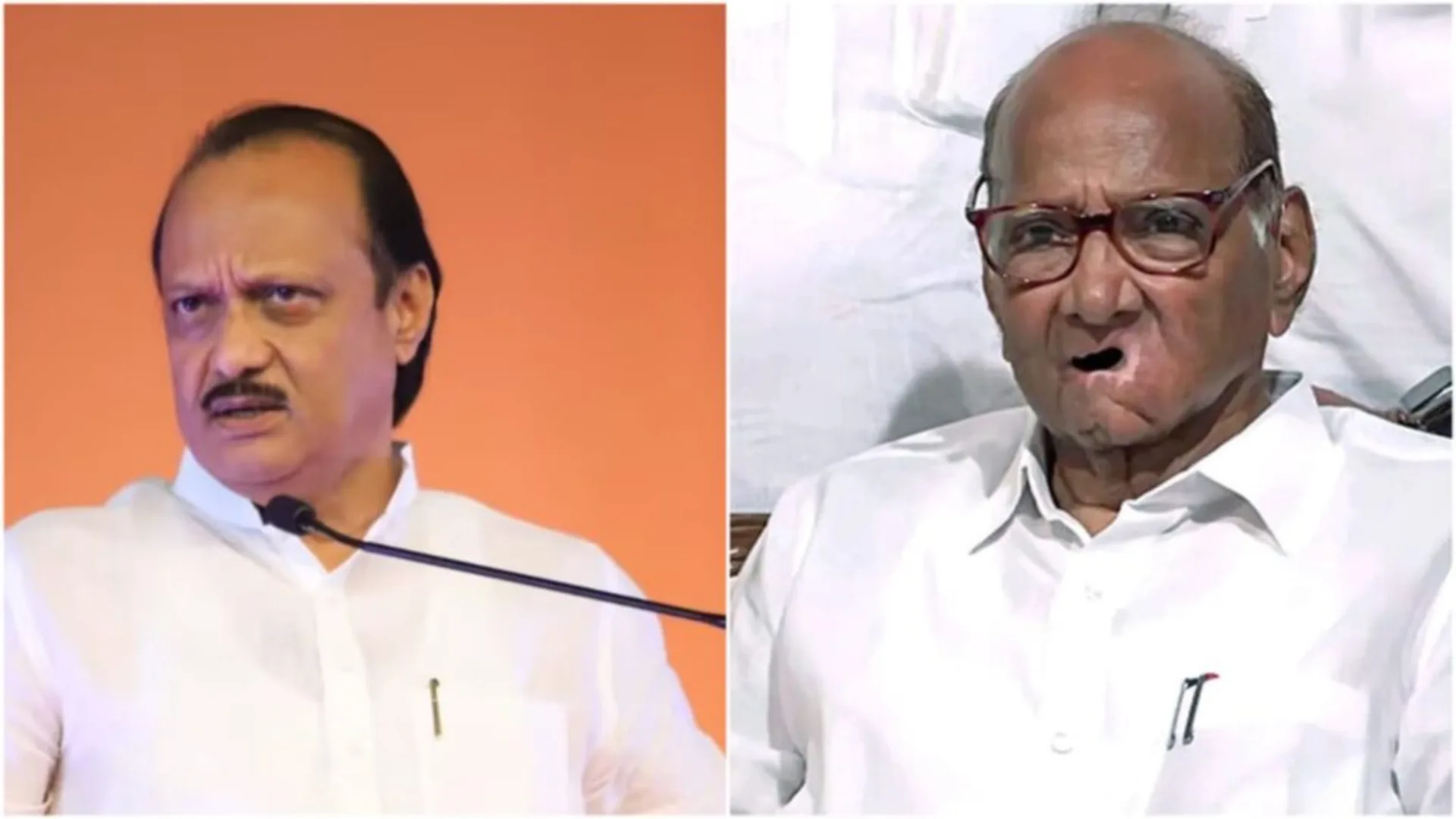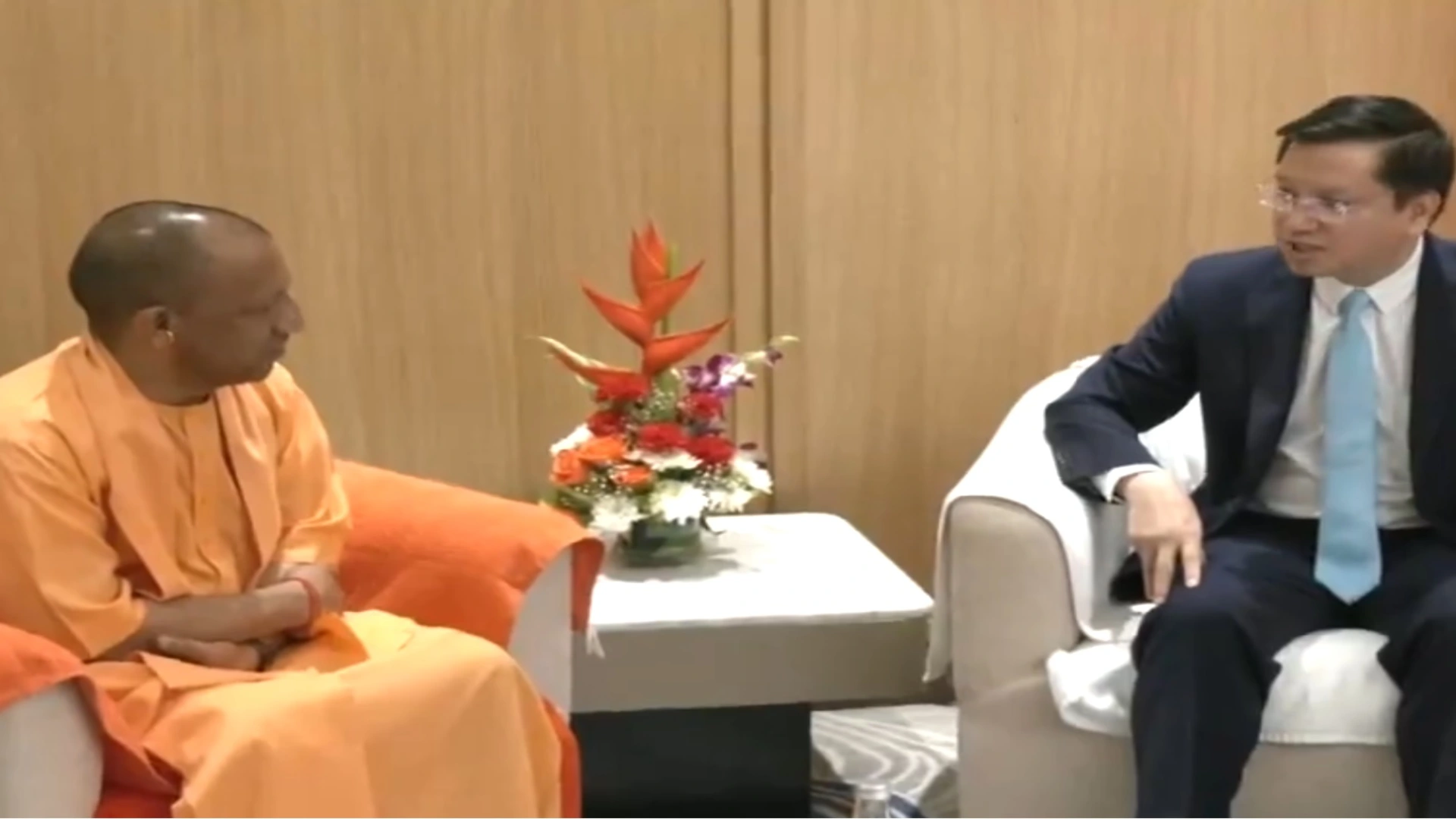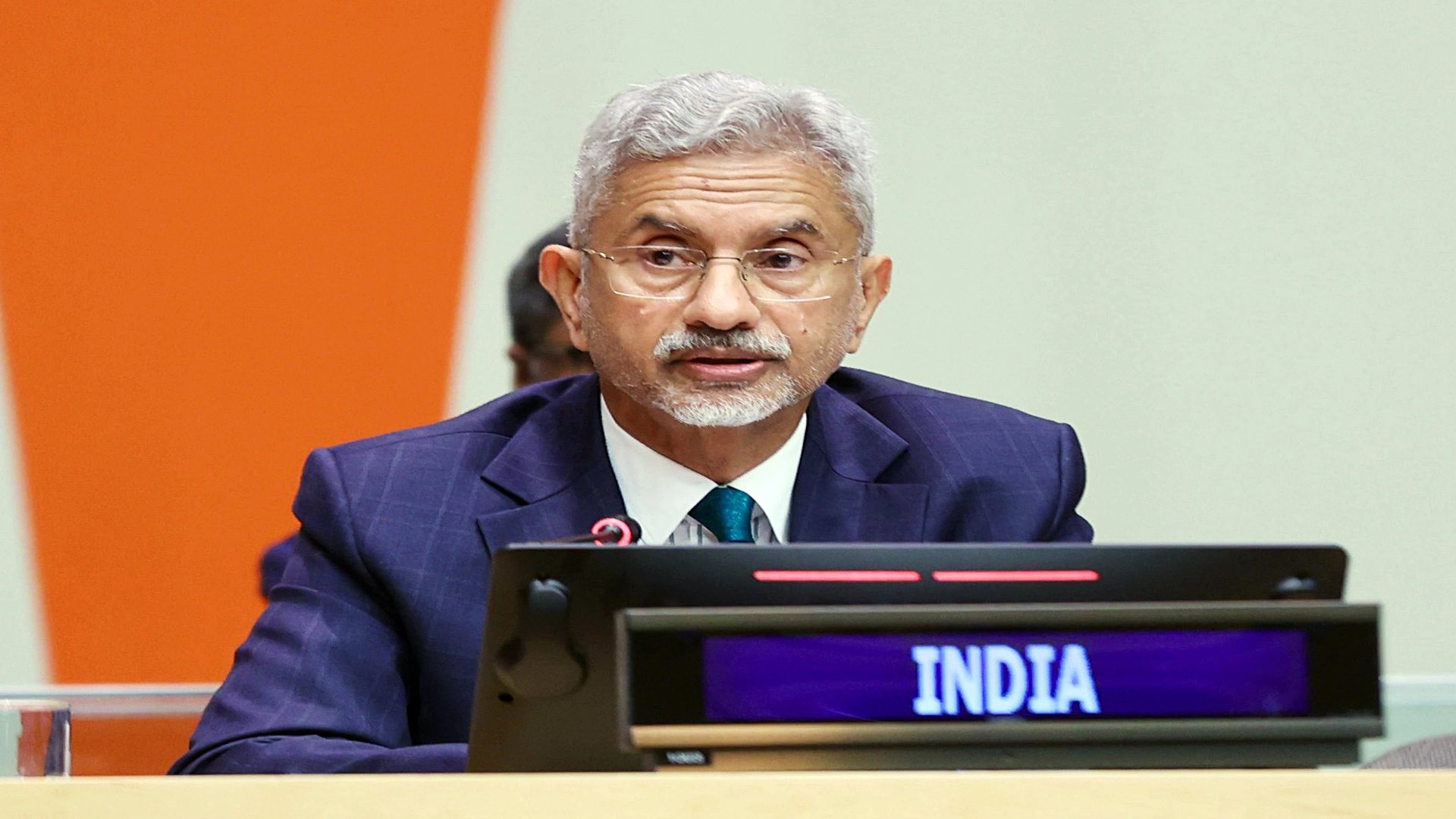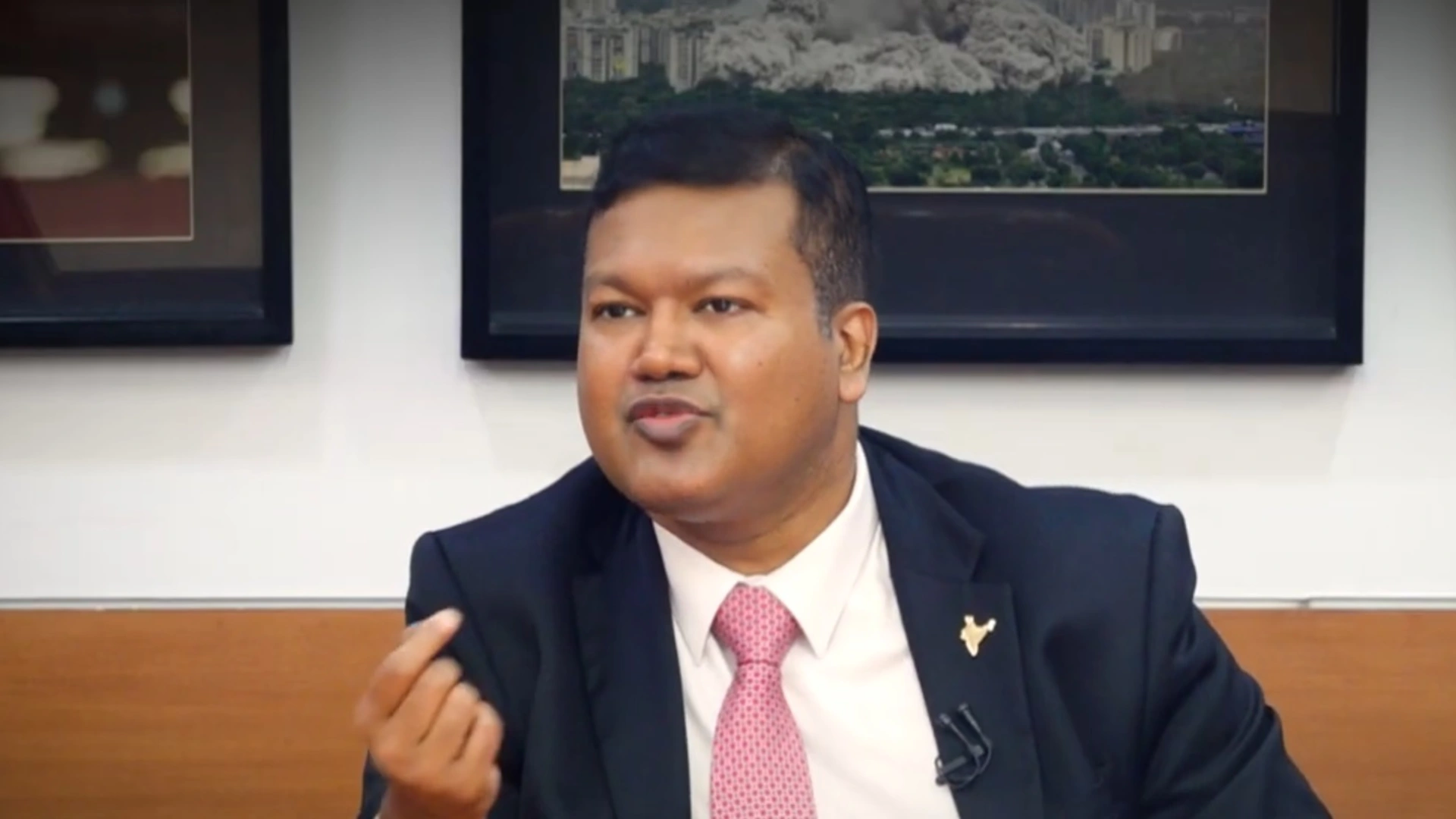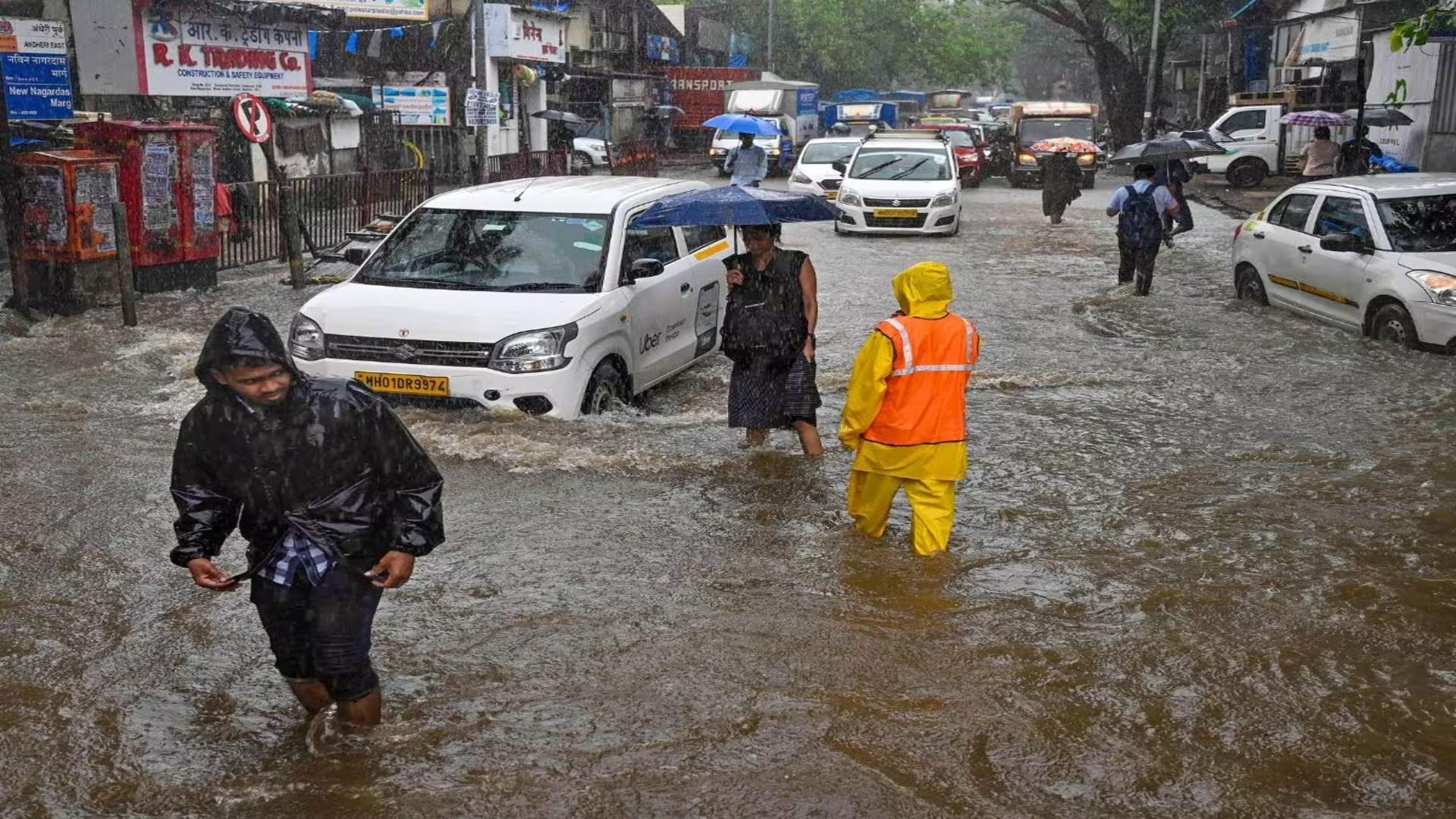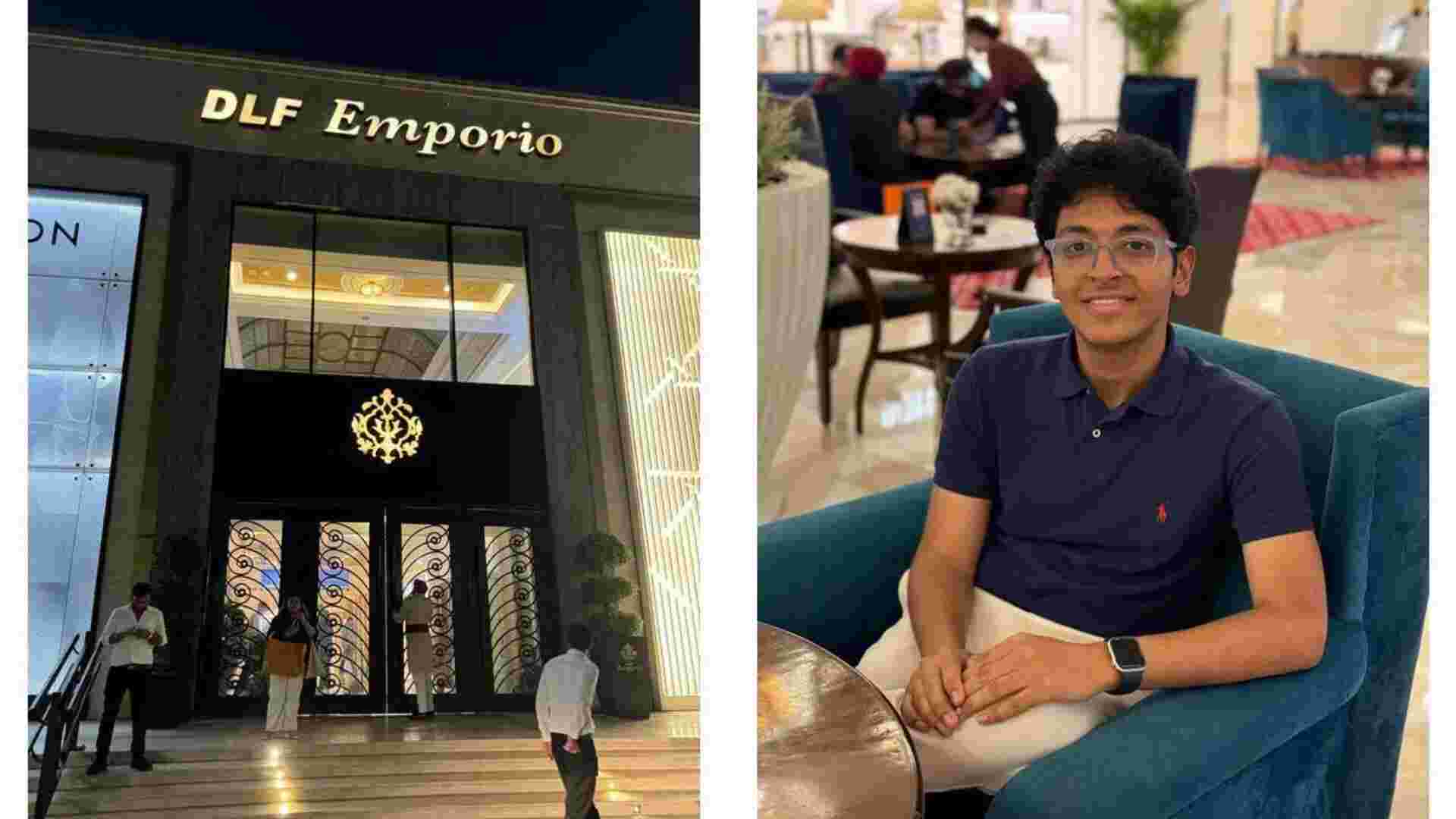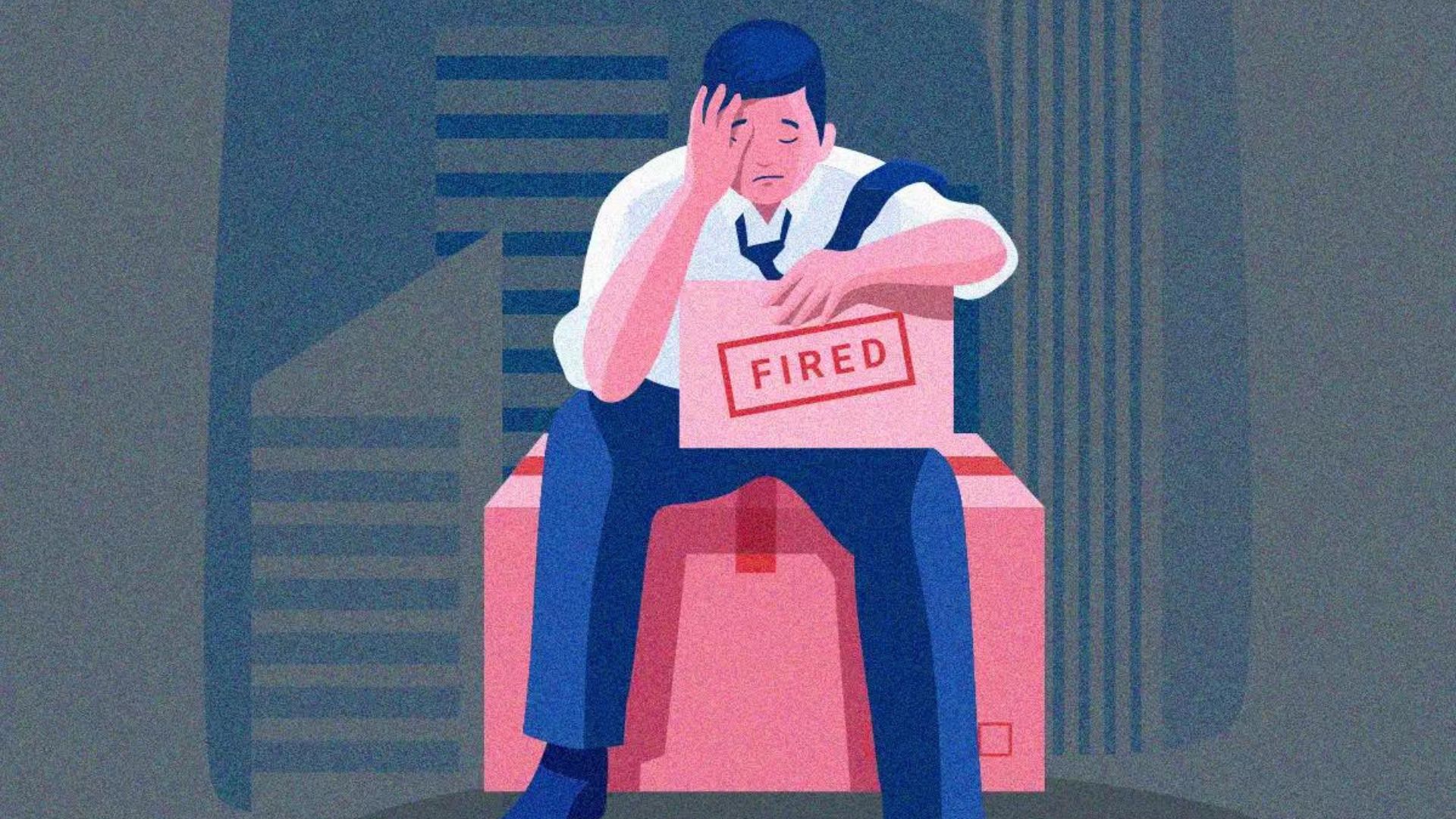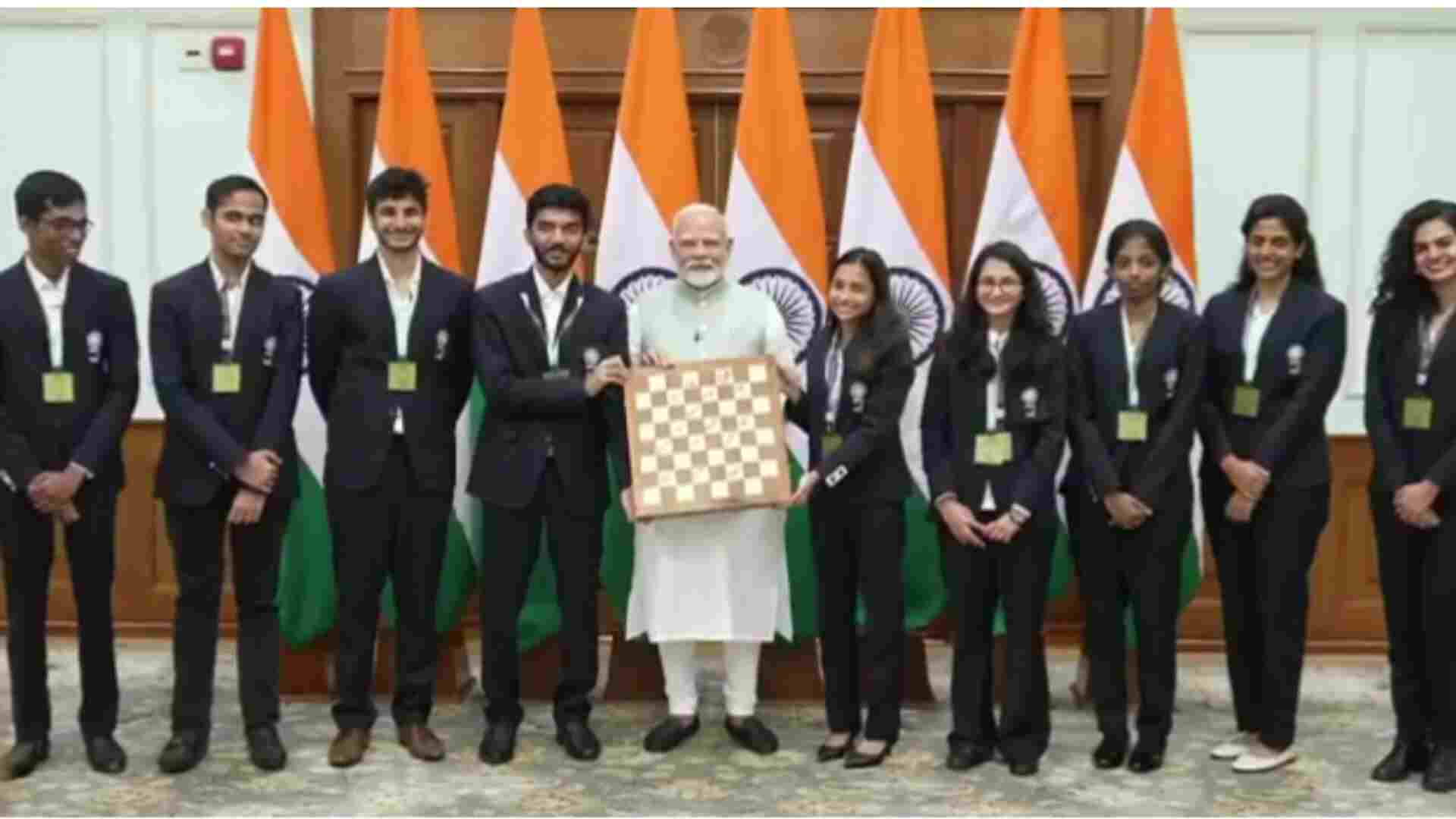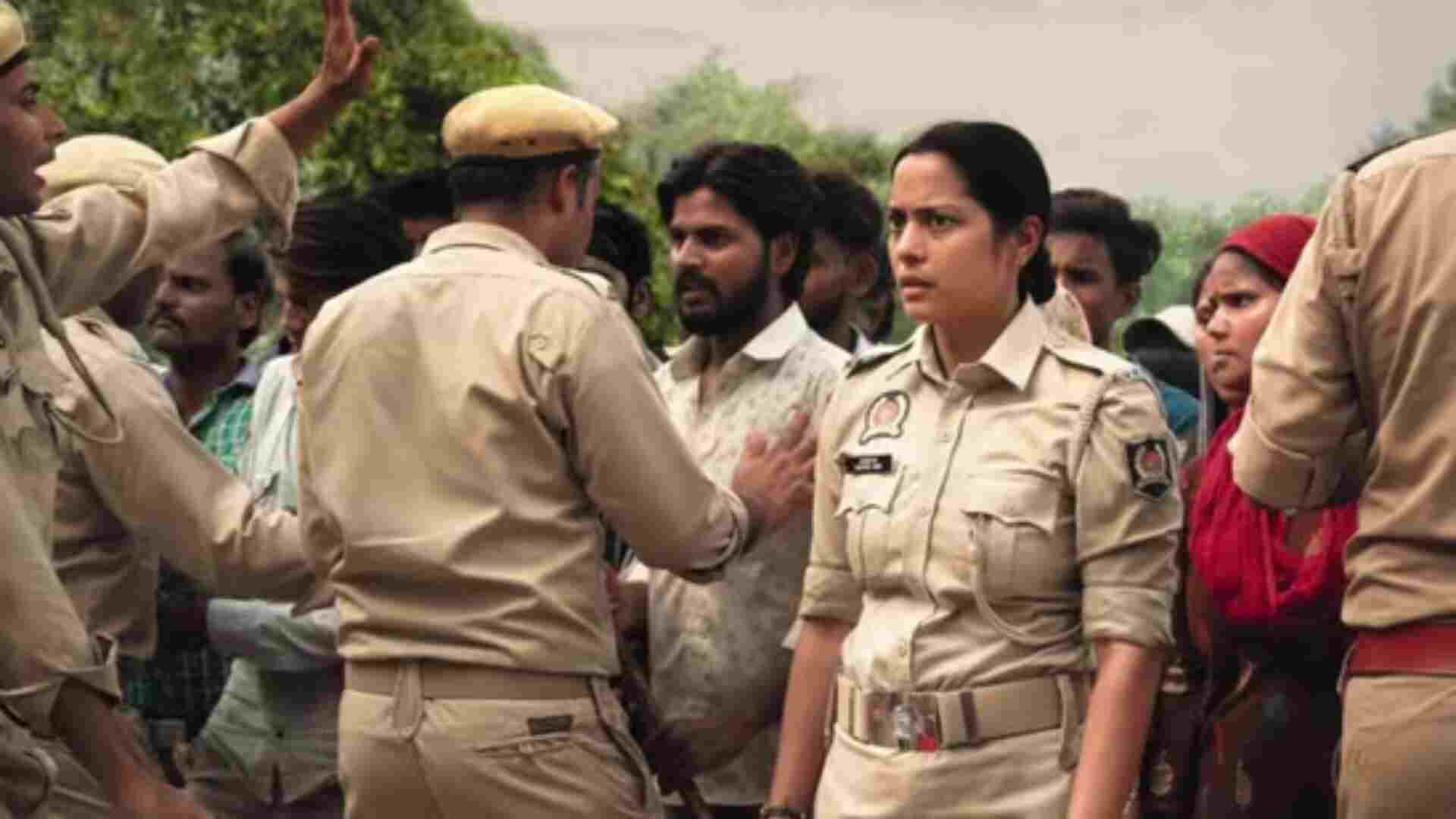
India called on the international community to preserve the rule-based order and the UN Charter on Tuesday evening, telling the UN that “political convenience” cannot serve as the foundation for a response to terrorism or extremism. Speaking at the UN General Assembly, External Affairs Minister S. Jaishankar also denounced countries that meddle in the internal affairs of other countries without mentioning any.
The comments made by Jaishankar in the midst of the diplomatic spat between India and Canada and the ongoing tension along the Pakistani border, have been taken as a subtle barb at both nations. Jaishankar was addressing the 78th session of the United Nations General Assembly.
Jaishankar’s remarks—coming amid the India-Canada diplomatic row and continuing tension along the border with Pakistan—have been interpreted as a gentle jab at both countries. “… nor must we countenance that political convenience determines responses to terrorism, extremism and violence. Similarly, respect for territorial integrity and non-interference in internal affairs cannot be exercises in cherry-picking. When reality departs from the rhetoric, we must have the courage to call it out… without genuine solidarity, there can never be real trust,” he said.
Last week, there were sharper words for Pakistan; India demanded Islamabad shut its “infrastructure of terrorism” and said matters pertaining to Jammu and Kashmir and Ladakh were “internal affairs”.
India and Canada have been locked in a diplomatic row since Prime Minister Justin Trudeau last week claimed “agents of Delhi” were involved in the killing of Khalistani terrorist Hardeep Singh Nijjar. Nijjar—wanted by India on terrorism charges—was a Canadian citizen who was shot dead outside a gurudwara in Canada’s British Columbia in June. India has unequivocally denied Canada’s “absurd” allegations and pointed out Trudeau’s government has yet to share evidence to back its claim.
The Indian government has also flagged “politically condoned hate crimes and criminal violence” in Canada, which is home to a large and politically influential Sikh community that is expected to play a major role in the outcome of that country’s next general election in 2025.
Trudeau—under heavy fire since before he made the allegations—doubled down on the claims Sunday, telling reporters information about the “credible allegations” were shared with India “weeks ago”. “We hope they engage with us so we can get to the bottom of this very serious matter.” India has pointed out Canada has ignored Khalistani terror threats growing from its territories, and repeatedly failed to act on “specific evidence about criminal activities” by Canada-based individuals. India has called Canada’s accusations “primarily politically driven” and complained of “prejudice” because that country has chosen not to act against red-flagged criminal activities.
